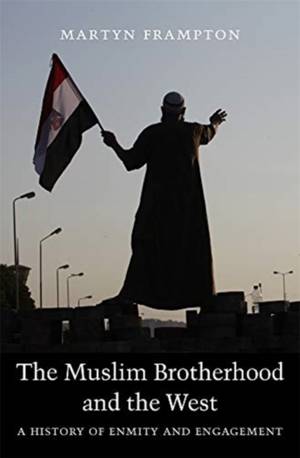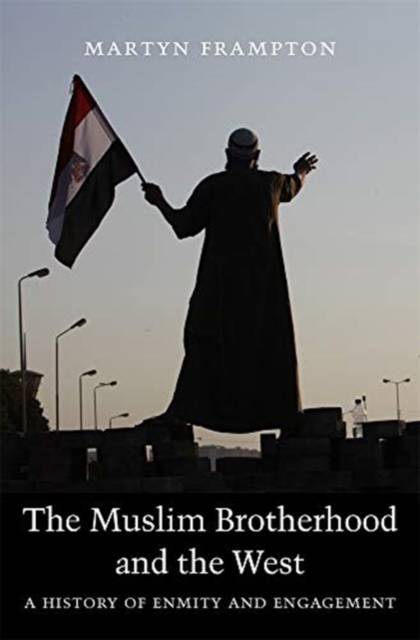
- Retrait gratuit dans votre magasin Club
- 7.000.000 titres dans notre catalogue
- Payer en toute sécurité
- Toujours un magasin près de chez vous
- Retrait gratuit dans votre magasin Club
- 7.000.000 titres dans notre catalogue
- Payer en toute sécurité
- Toujours un magasin près de chez vous
The Muslim Brotherhood and the West
A History of Enmity and Engagement
Martyn Frampton
Livre broché | Anglais
45,45 €
+ 90 points
Format
Description
A Foreign Affairs Best Book of the Year
In the century since the Muslim Brotherhood first emerged in Egypt, its idea of "the West" has remained a key driver of its behavior. From its founding, the Brotherhood stood opposed to the British Empire and Western cultural influence. Its leaders hoped to create more pristine, authentically Islamic societies. As British power gave way to American, the Brotherhood oscillated between anxiety about the West and the need to engage with it, while American and British officials struggled to understand the group, unsure whether to shun or embrace it. The Muslim Brotherhood and the West offers the first comprehensive history of the relationship between the world's largest Islamist movement and the powers that have dominated the Middle East for the past hundred years. Drawing on extensive archival research in London and Washington and the Brotherhood's writings in Arabic and English, Martyn Frampton reveals the history of this charged relationship down to the eve of the Arab Spring. What emerges is an authoritative account of a story that is crucial to understanding one of the world's most turbulent regions. "Rigorous yet absorbing...Fills a crucial gap in the literature and will be essential reading not just for scholars, but for anyone seeking to understand the ever-problematic relationship between religion and politics in today's Middle East."--Financial Times "Breaks new ground by examining the links between the Egyptian Brotherhood's relations with Britain and...the United States."
--Times Literary Supplement
Spécifications
Parties prenantes
- Auteur(s) :
- Editeur:
Contenu
- Nombre de pages :
- 672
- Langue:
- Anglais
Caractéristiques
- EAN:
- 9780674241664
- Date de parution :
- 17-12-19
- Format:
- Livre broché
- Format numérique:
- Trade paperback (VS)
- Dimensions :
- 145 mm x 229 mm
- Poids :
- 898 g







